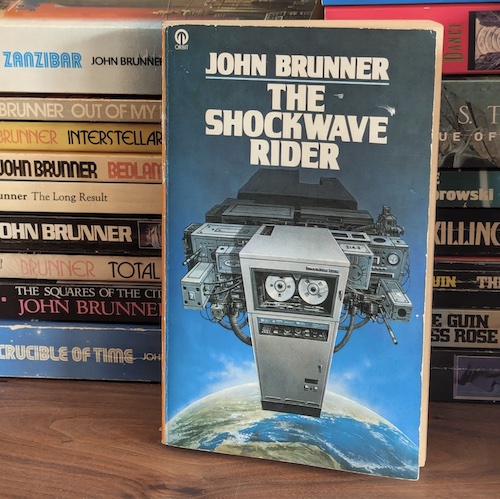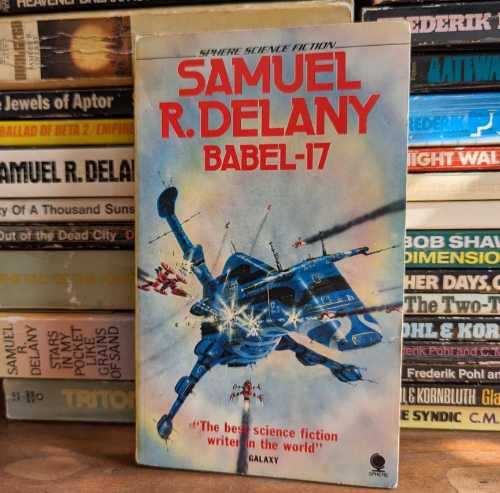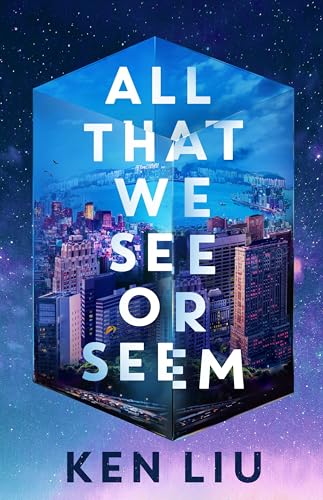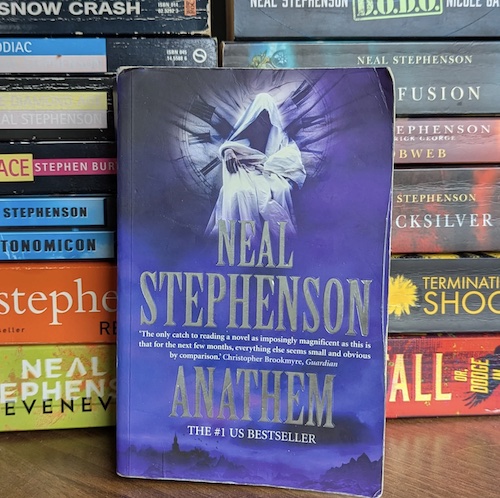The Shockwave Rider
★★★★★Computers had barely started to be networked when Brunner’s prescient 1975 Shockwave Rider foresaw the potential of ubiquitous digital networks for cultural toxicity and surveillance. This dystopian pre-cyberpunk vision is packed with ideas - coining the term computer worm over a decade before one was deployed, describing prediction markets that leverage the wisdom of the crowds, exploring the panoptic consequences of digital identity, and predicting fractured social cohesion in a world of peripatetic working.
Acknowledging a debt to Toffler’s 1970 Future Shock, it posits technology acceleration to a point where society can’t keep up and remain sane. There’s an anxiety epidemic, a constant ‘lifestyle crisis’, a saudade angst for the life we planned before the singularity stole our dreams, echoing today’s post-covid trauma. In response, the government sets up Tarnover, a hothouse for gifted kids who can cope with future shock, to tame and shape them into the next generation of leaders.
At Tarnover, Haflinger rebels against his indoctrination. He escapes, using his hacking talents to fake numerous identities until he meets a kindred spirit, Kate, and realises he has to stop running. Together, they discover an enlightened enclave carving out a utopia in a post-catastrophe liminal space, showing a possible way forward beyond the current system.
Brunner writes with a Vonnegut flair - short, chatty chapters full of faddish slang that unfortunately does more to distract than worldbuild. The thin plot is revealed through a confusion of flashbacks. He overuses sparring dialogues, lecturing monologues, and copious narration. Characters are flat, and Haflinger’s changing identity makes him hard to relate to and empathise with. It’s not a smooth read.
This is an exemplary ideas book, but lacks plot and character. I need more from my SF than predicting the future, no matter how much it’s on the nose.




